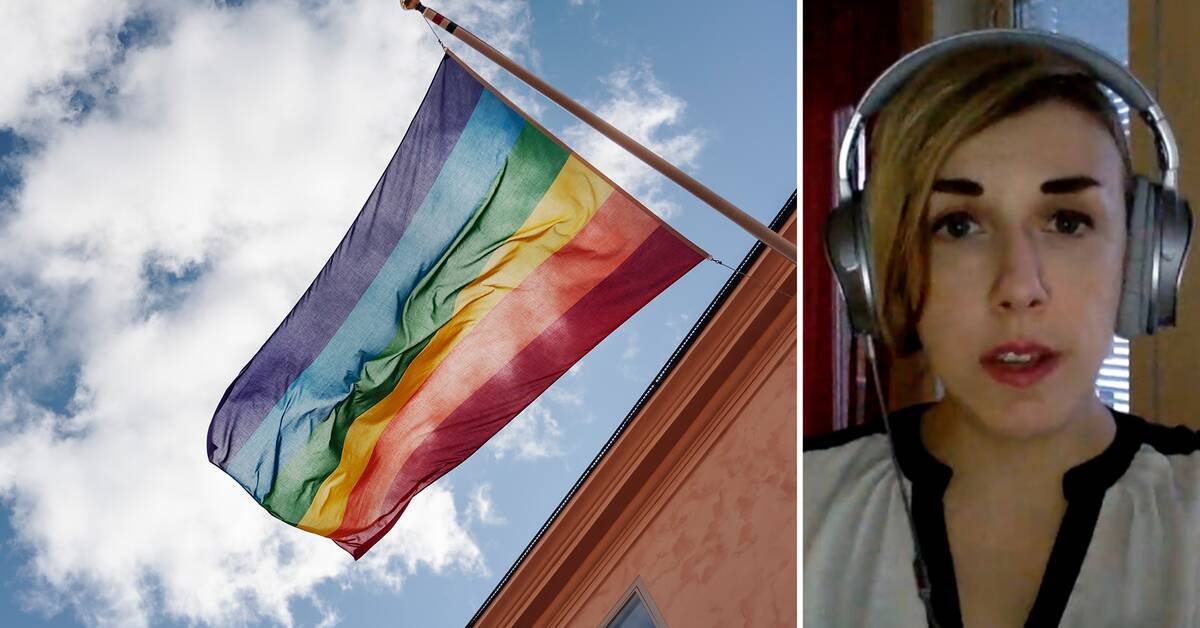The Swedish Migration Agency believes that it is difficult to make that assessment as there are no statistics on LGBTI asylum cases and because RFSL is not involved in all these cases that the Swedish Migration Agency handles.
- Differences in how many are rejected compared to approved during a certain period can be due to many different things.
For example, that a large number of those who apply during a certain period come from a country where there is official protection against persecution by individuals, says Annica Dahlqvist, acting press manager of the Migration Agency.
No official statistics
For privacy reasons, no official statistics are kept on LGBTQ cases.
- It is clear that the possibility of searching for cases based on application reasons could facilitate quality review or give an image of how many applicants are citing LGBT reasons, but that does not outweigh the importance of protecting the individual, says Dahlqvist.
Two years ago, the RFSL therefore conducted its own study, where they examined 2,000 individual decisions and judgments in LGBTI asylum cases.
Of those, around 1,800 people were rejected because the asylum seeker is not considered to be an LGBTQI person or because the reasons are not considered sufficient to warrant protection.
- I think there are very few asylum seekers who would make up that they are LGBTQI people.
Because that alone can be experienced as very stigmatizing and unfortunately often poses a risk that you can be exposed to threats and violence even in Sweden, says Aino Gröndahl.
Do you see no risk to privacy if statistics are kept on LGBTQ matters?
- It is entirely possible to give case managers and decision makers the task of writing down the number of LGBTI cases.
There is no reason that identity information such as name or date of birth needs to appear, says Gröndahl.
New research project investigates
Now a new research project will find out how it is.
The project is funded by the research council FORTE and will study 3,600 asylum decisions linked to LGBTQI to see if they are handled differently compared to other investigations.
- There we come in with our research to see if it is handled correctly, says Thomas Wimark who is the project manager.
The study is expected to be completed in 2025.

